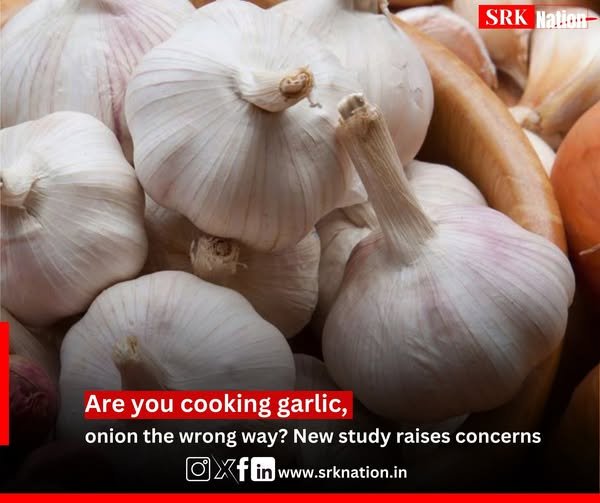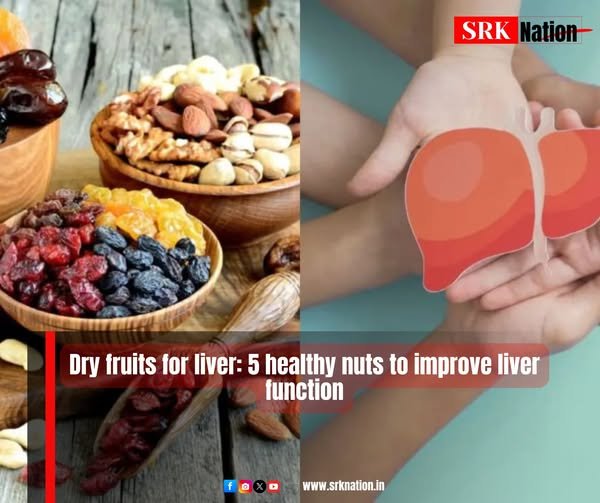If you’re someone who loves the aroma of sizzling garlic and onions in hot oil, here’s a health tip that might surprise you.
A study by Japanese researchers reveals that cooking garlic and onions in vegetable oil at high temperatures could generate trans-fatty acids (TFAs)-harmful fats that may not be your heart’s best friend.
What are TFAs and why should you care?
TFAs are dangerous fats that can build up along artery walls, restricting blood flow and increasing the risk of heart attacks. While we often associate TFAs with processed junk food, this study suggests you could be making them right in your kitchen.
Unsaturated fatty acids (UFAs), which are typically considered healthy, can undergo a chemical change called trans-isomerisation when heated to temperatures above 150°C. This process turns UFAs into TFAs, according to the researchers.
The role of garlic and onions
Researchers from Meijo University dove deep into how sulphur-containing compounds-like those found in garlic, onions, leeks, and scallions-might influence this transformation. Their findings? Sulphur compounds in these veggies can significantly promote the creation of TFAs when cooked in oil at high heat.
“Cooking polysulfide-rich vegetables such as garlic and onions in vegetable oil at high temperatures can generate TFAs. The study demonstrates that garlic and onions significantly promote the trans-isomerisation of UFAs,”explained Dr. Masaki Honda, who led the research.
The science behind it
To simulate real cooking scenarios, the team tested various ingredients like garlic, onion, leek, cabbage, horseradish, broccoli sprouts, and oils such as soybean and olive oil. They found that temperatures above 140°C are a sweet spot for this chemical reaction.
Even antioxidants like alpha-tocopherol (a form of Vitamin E) couldn’t completely counteract the effect. Although antioxidants helped reduce some of the isomerisation caused by isothiocyanates, they didn’t do much to stop the promotion of TFAs by polysulfides.
Should you be worried?
Before you ditch garlic and onions from your recipes, here’s a reassuring note: the release of TFAs under normal cooking conditions is minimal. However, the researchers warn that “cooking with ingredients rich in natural sulphur compounds may increase the risk of TFA intake.”
Why does it matter?
TFAs are a global health concern. According to the World Health Organization (WHO), TFAs are linked to over 278,000 deaths annually. The WHO recommends limiting TFA consumption to less than 1 percent of your daily energy intake.
Cooking tips for the health-conscious
Avoid heating oils to very high temperatures when cooking.
Use cooking methods like sautéing at medium heat instead of deep frying.
Incorporate antioxidant-rich ingredients into your meals to potentially reduce TFA formation.

Like
Comment
Send
Share






